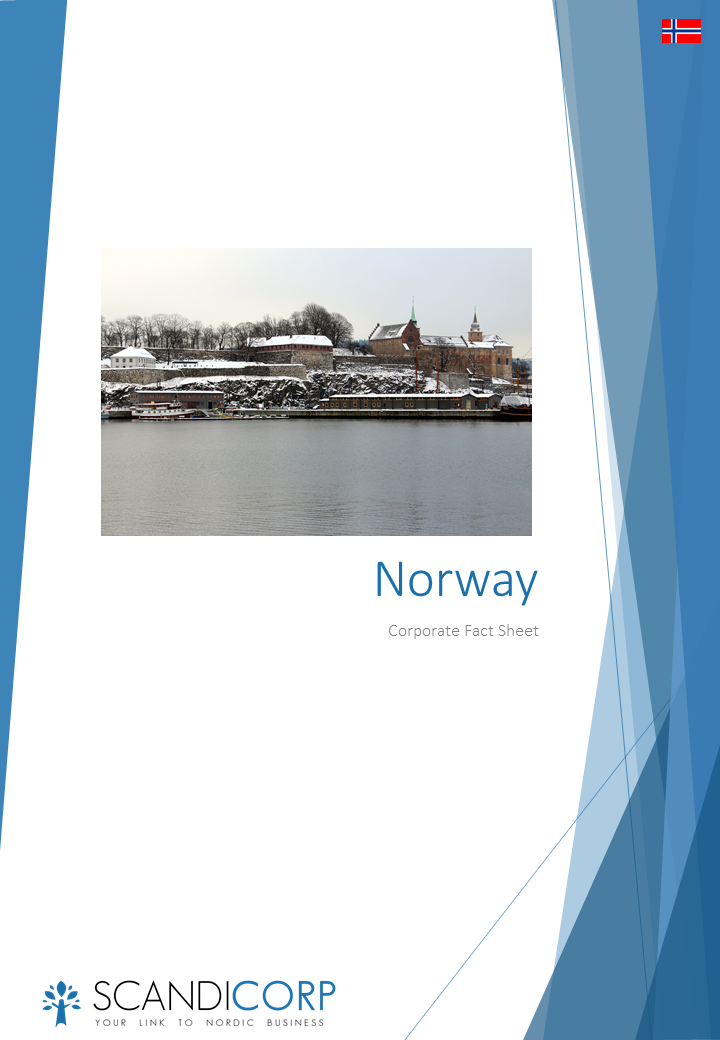PwC just published a report Cities of Opportunities 7. The report measures 30 cities across 10 indicator groups and 67 variables. The report ranks Stockholm as the seventh best city in the world and the only Nordic city in the report.
The world’s best City of Opportunity according to PwC is London which scores high in economic clout, intellectual capital and international accessibility. However the report was compiled before the Brexit referendum. Experts at PwC also warned there were risks Brexit could impact London, possibly hitting recruitment, trade and regulation, although they said it was too early to gauge the effect. London’s closest rival was Singapore, followed by Toronto, Paris, Amsterdam and New York.
Stockholm is the champion of sustainability and environment as well as infrastructure. Among the cities in the report Stockholm also has the smallest income inequality. Though Stockholm generally evaluates well, the city is pulled down in the ranking because of the housing shortage and its relatively expensive living costs.
Do you want to set up your business in one of the most innovative regions of the world? Welcome to Stockholm, where start-ups flourish. Feel free to contact Scandicorp who will happily provide you with any help and information.







